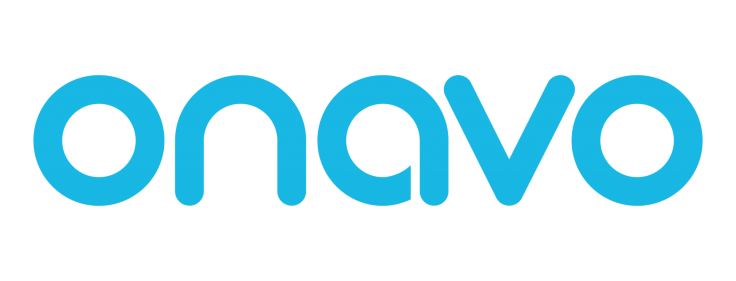Facebook Stock Drops After Onavo Purchase: What Investors Don't Like About The Israeli Startup Acquisition

Facebook Inc. (NASDAQ: FB) Sunday night acquired Onavo, a software developer focused on compressing mobile data, for an undisclosed sum, though reports from lsrael are that it cost Facebook between $100 million and $200 million. Facebook will use Onavo for its Internet.org project, which aims to connect the estimated 5 billion people in the world with Internet access.
The stock market, however, has not responded favorably. Since the announcement, shares of Facebook have fallen about 1 percent and fell as much as 2 percent earlier in the day.
What’s with the negative reaction? After all, Facebook isn’t completely altruistic with the Internet.org project. Advertising produces nearly all of Facebook’s revenue, and Facebook must continue to grow its users in order to satisfy investors. The 5 billion people without Internet access could all potentially be Facebook users. According to the New York Times, Facebook plans to do this by drastically cutting costs for mobile Internet, which is exactly what Onavo’s products and services do.
One concern could be privacy, which has troubled Onavo in the past. Users allow their data to pass through Onavo’s servers to cut down data usage. In light of Snowden’s leaks regarding NSA surveillance programs, investors may be skeptical about letting their data become associated with Facebook’s servers.
Onavo certainly recognized this as a possible concern, and addressed it in their announcement.
“As always, we remain committed to the privacy of people who use our application and that commitment will not change,” Guy Rosen, the co-founder and CEO of Onavo, wrote in a blog post.
Onavo will continue to operate as a standalone brand, so investors may be having a hard time seeing how this expense will directly translate into profit for Facebook.
Facebook will moving into Onavo’s office in Tel Aviv, a signal that Facebook is looking to expand its physical presence in Israel. How Facebook will use this Israel office is unclear, but the company has obviously taken an interest in the Tel-Aviv’s emerging community of tech startups. Facebook has purchased two Israeli tech companies already: Snaptu, a mobile app developer, in March 2011 for more than $60 million and Face.com, a facial recognition platform in June 2012 for $100 million.
It remains to be seen if investors agree with Facebook’s expansion in Tel-Aviv.
© Copyright IBTimes 2025. All rights reserved.






















